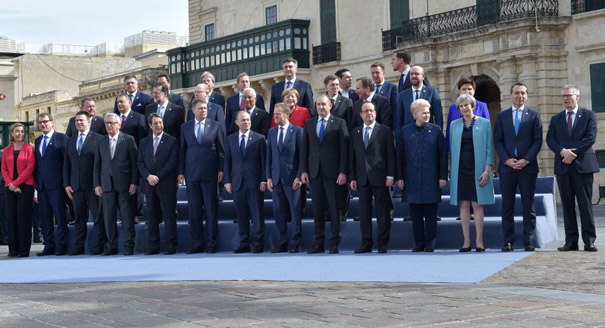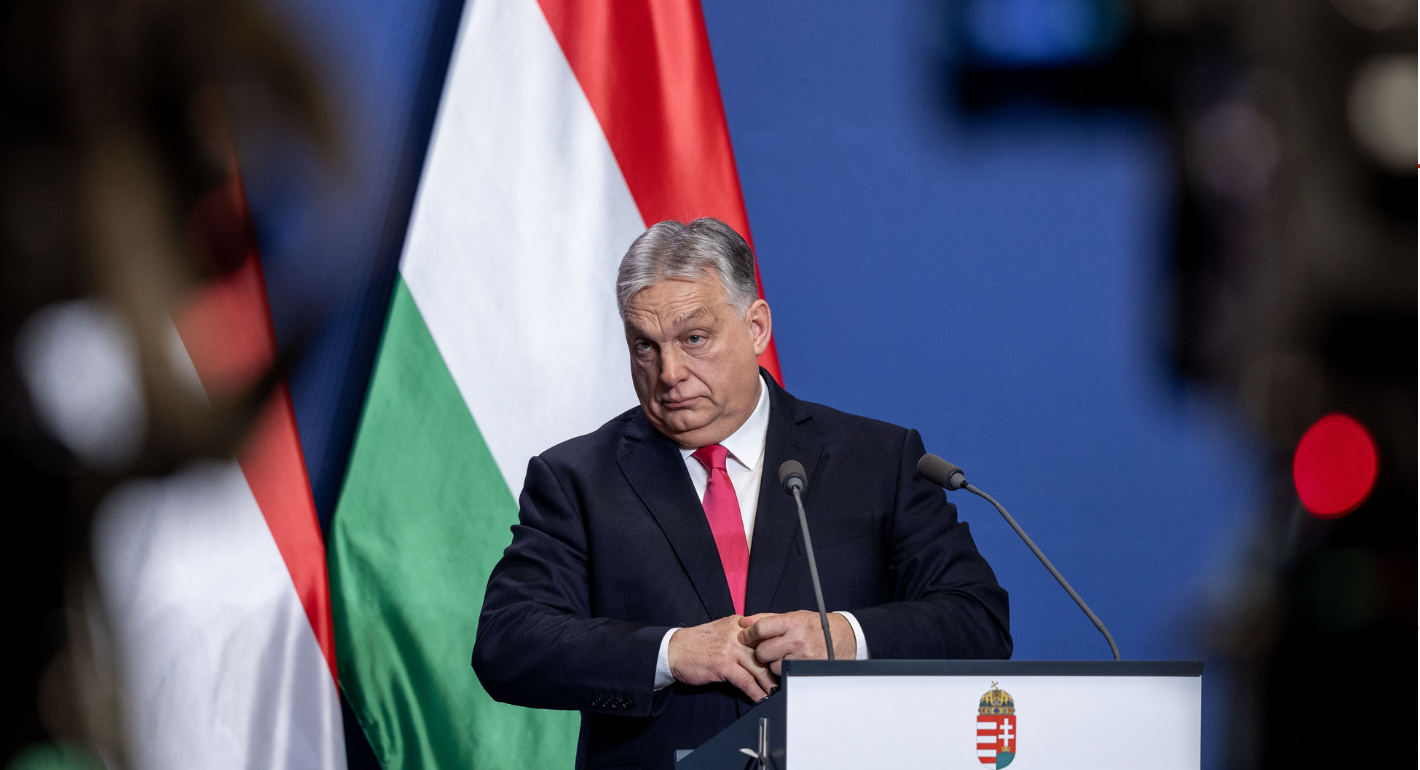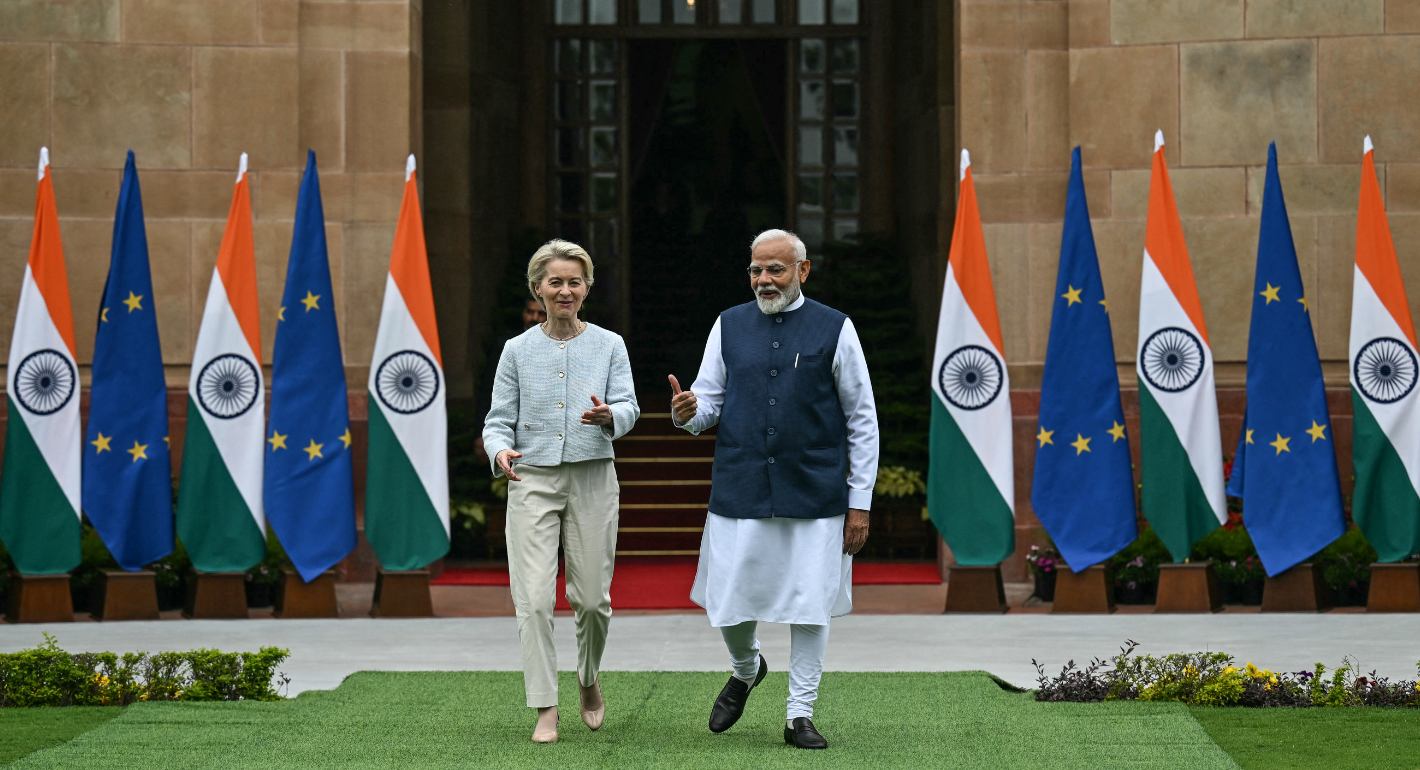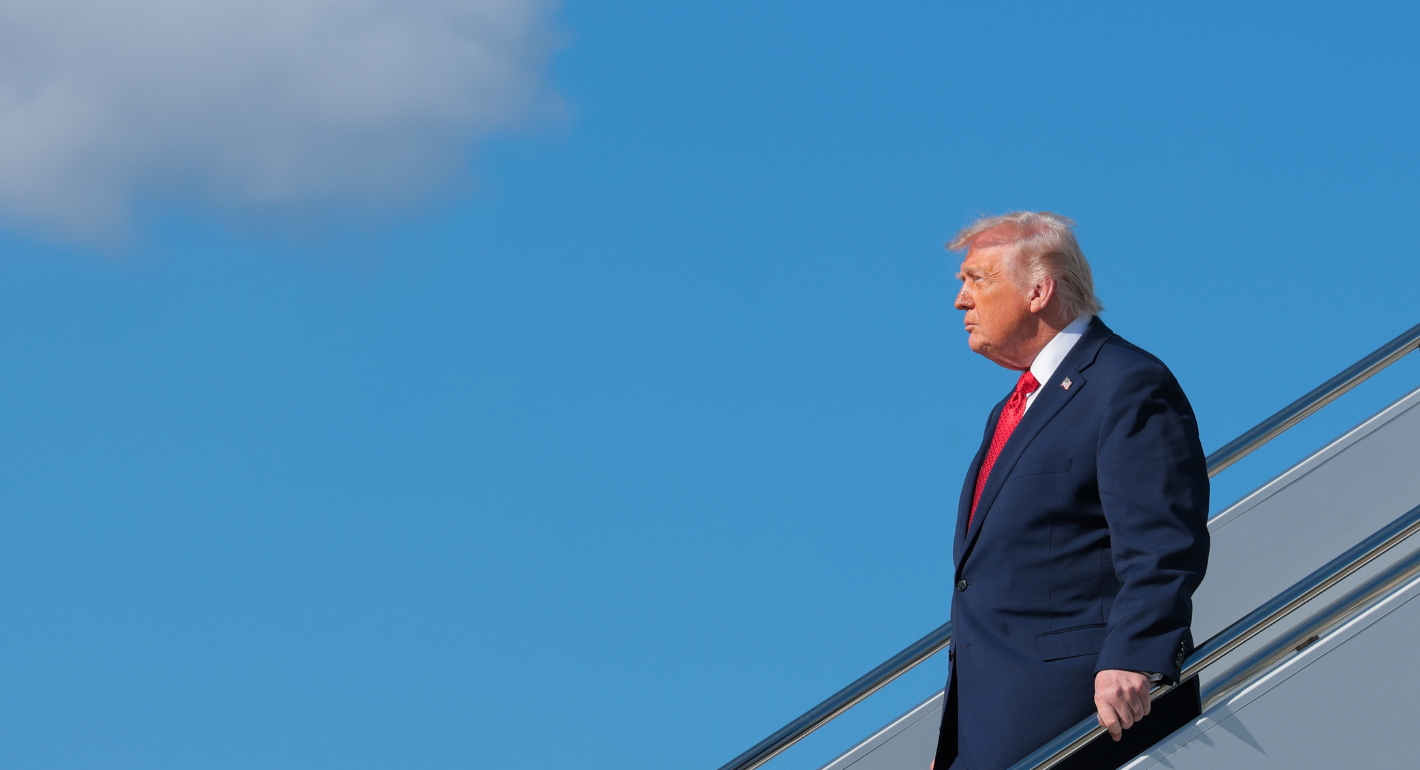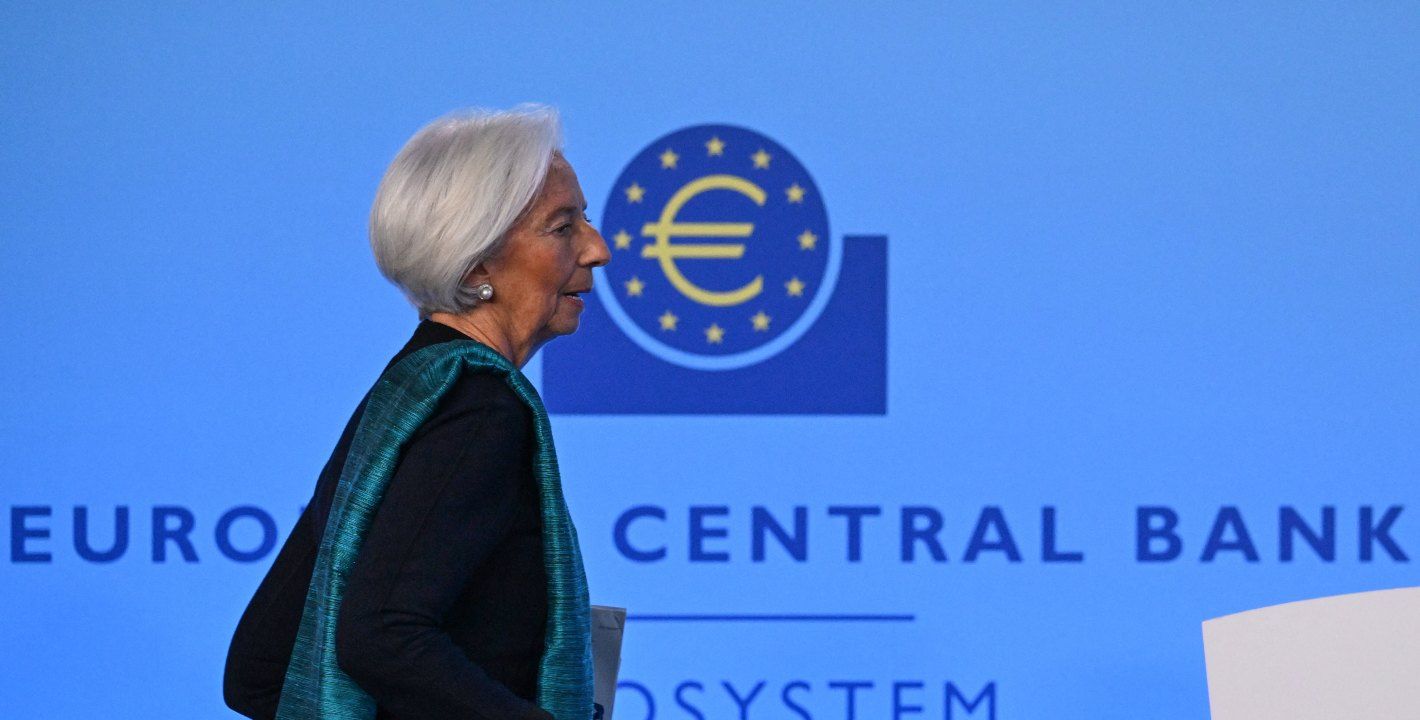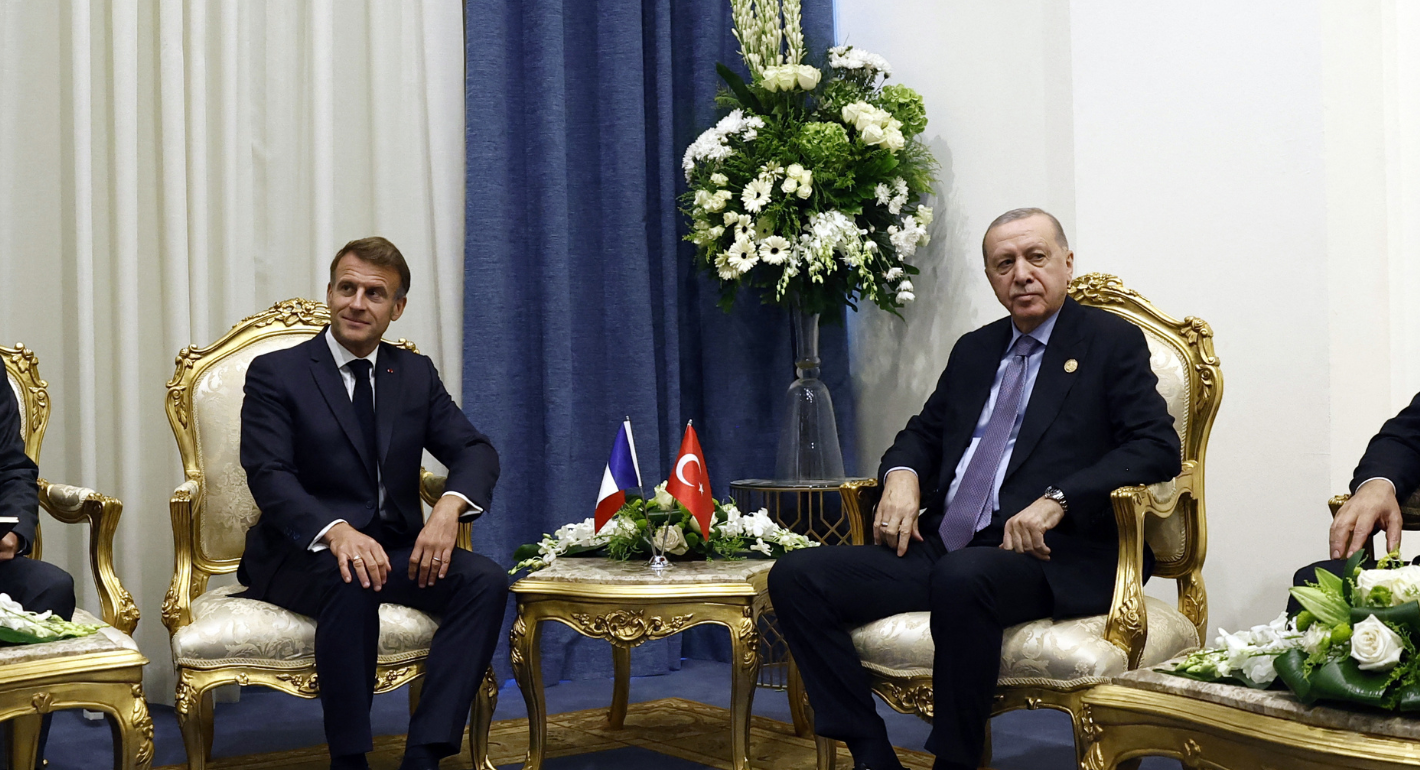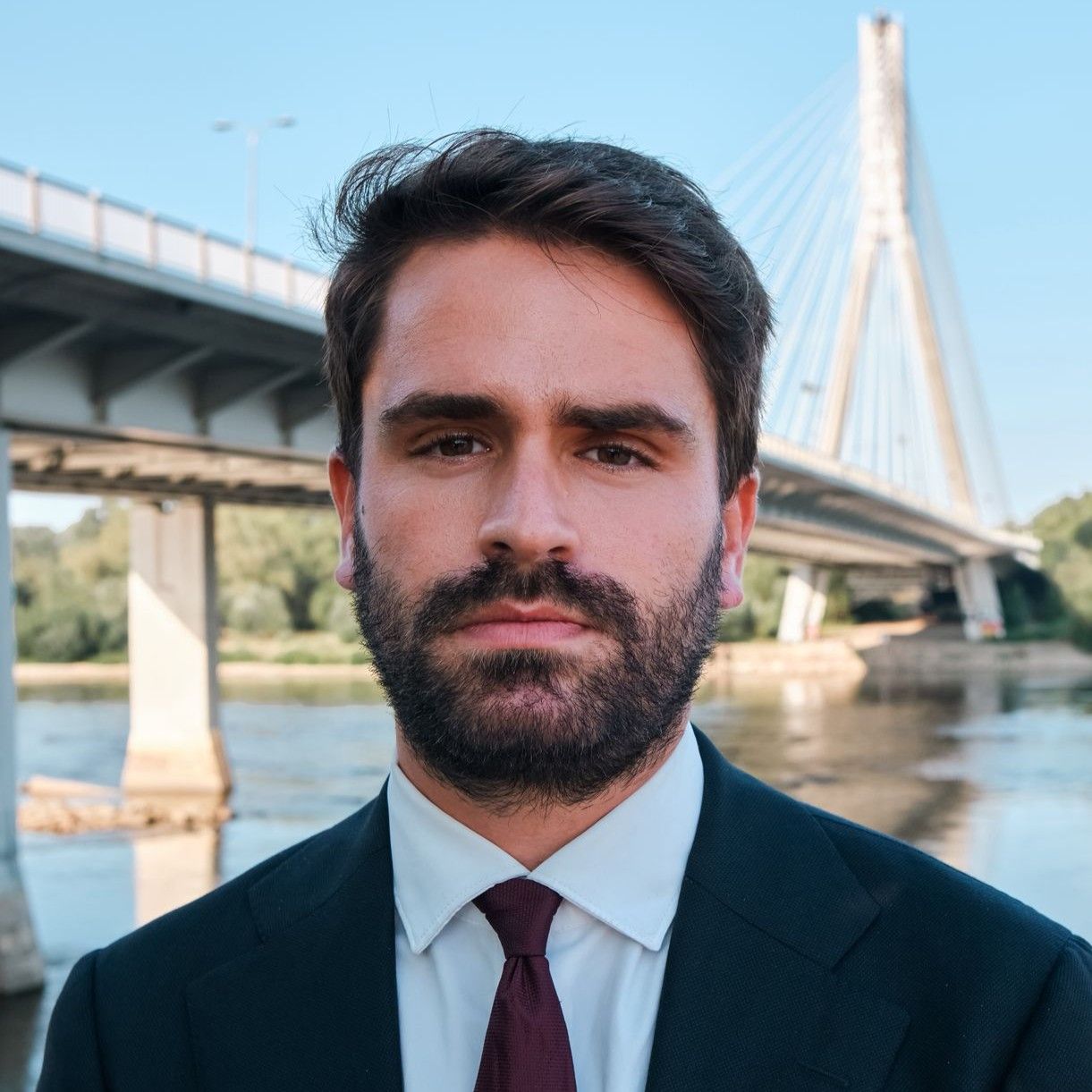A selection of experts answer a new question from Judy Dempsey on the foreign and security policy challenges shaping Europe’s role in the world.
Federiga BindiSenior fellow at the School of Advanced International Studies at Johns Hopkins University, director of the Foreign Policy Initiative at the Institute for Women’s Policy Research, and D. German distinguished visiting chair at Appalachian State University
Absolutely, and the EU has the legal instruments to do so.
When a state becomes an EU member, it commits to respect the union’s founding values of respect for human dignity, freedom, democracy, the rule of law, and human rights—including for minorities—as well as pluralism, nondiscrimination, tolerance, solidarity, and equality between women and men. Should a country fail to respect these principles, as a number of EU member states are doing, it could—and should—be suspended from the EU.
It undermines the EU’s moral standing and potential influence in international relations for the bloc to ask its nonmember partners, such as overseas aid recipients, to respect these basic principles if the EU’s own member states are the first to disrespect them.
Nicolas BouchetNonresident fellow in the Europe Program of the German Marshall Fund of the United States
Yes, it should, but it is probably too late to develop a mechanism with teeth for doing so. When European leaders made norms of liberal democracy the fundamental grounds for EU membership, they showed a failure of political imagination by not conceiving of situations in which democratically elected governments could erode or ignore these norms not only in new democracies but also in older ones. Now, the situation is like needing to repair a plane in midair—and not all of the crew agrees there is a malfunction that needs fixing.
Article 7 of the Treaty on European Union, which provides for the suspension of a member’s voting rights, has been of limited appeal or use. In theory, the EU could adopt graduated measures to react to the erosion of democracy in member states and—more difficult—a system to determine whether there is such erosion. But in practice, short of a more serious crisis than what has been seen in some countries so far, it is hard to see where the political will and unity can come from among members in today’s context. Too many will not want to give this kind of power over their politics to other members, the European Commission, or a new EU institution.
Saskia BrechenmacherAssociate fellow in Carnegie’s Democracy and Rule of Law Program
The EU’s mechanisms for dealing with internal democratic backsliding remain lacking. The European Commission’s rule-of-law framework establishes a dialogue process with offending states to prevent systemic threats to the rule of law from escalating. However, this mechanism remains crisis driven and fails to address gaps in the enforcement system.
The main enforcement tool, sanctions under Article 7 of the Treaty on European Union, is not sufficiently credible, as it requires unanimity in the European Council. This threshold is impossible to meet except in the most extreme cases. The Polish government has failed to respond to the commission’s recommendations. If the situation were to escalate to the European Council, Hungary would likely block any sanctioning efforts.
A logical next step would be to implement the European Parliament’s recommendation for a new EU mechanism to set clear criteria for assessing member states’ records on the rule of law and bring together existing monitoring tools. In addition, to make the commission’s rule-of-law mechanism more dissuasive, it is crucial that Article 7 be triggered in cases of noncompliance. This will require political support from member states. In the long run, more ambitious reforms should include revising Article 7 to enable lower voting thresholds and set a wider range of possible penalties.
Andrew ByrneFinancial Times correspondent for Hungary, Romania, and the Western Balkans
Yes. When countries join the EU, they sign up to the values laid out in the union’s treaties, including equality, the rule of law, human rights, and respect for minorities. The European Commission has a legal duty to defend these principles.
The EU flags waved at Romania’s massive anticorruption demonstrations recently show that many citizens still look to the union as a value system they aspire to, and a check on illiberal government.
If the EU wants to retain this moral authority, it needs to find a politically viable way to ensure members abide by common standards. The current procedures are impractical because they require unanimity and offer few sanctions beyond a complete denial of voting rights. Some illiberal European governments now openly attack common EU values, safe in the knowledge they have friends who will veto any sanctions. This should not stand.
The European Commission should speak out when it sees these values trampled. Furthermore, a subset of like-minded EU member states should use the union’s enhanced cooperation procedures and commit jointly to a new mechanism for ensuring democratic values among themselves. At the least, such a measure would remind leaders and citizens that amid a crisis of Western liberalism, the EU still stands for something.
Carl DolanDirector of Transparency International EU
The EU is first and foremost a community of values, but this is a fragile community that can be and has been eroded by systematic corruption and creeping illiberalism. Sadly, the European Commission, in the guise of being a political commission, is increasingly anxious not to offend member states on subjects that touch a raw nerve with voters—like corruption. In January 2017, the commission abandoned its monitoring of anticorruption progress in all EU countries. The commission’s spokesperson, Margaritas Schinas, defended the move as a conscious decision not to “interfere or offer value judgments within the political life in a member state.”
And yet the backsliding by many countries on their anticorruption commitments—Romania is just the latest and most egregious example—demonstrates the need for strong supranational checks. All the more so when the corruption is a result of the capture of state institutions by the ruling party and its cronies, as in Hungary. These checks and sanctions should include the suspension of voting rights as a last resort, but it might be more effective to prevent EU funds from being used as a revenue stream for corrupt elites. That means enhanced monitoring of administrations in which there are proven systemic irregularities and, ultimately, suspension of structural and investment funds when these are attributable to corruption.
Sophie GastonHead of international projects and external affairs and editor of Demos Quarterly at Demos
Authoritarian governments are calling into question the EU’s symbolic and strategic underpinnings through their contempt for social liberalism, equality, and democratic institutions. As far-right populism stirs across the continent, the EU cannot afford to appear toothless in the face of flagrant attempts to undermine core principles of membership. And yet, in a world that feels increasingly fragile, the union must navigate these issues while preserving solidarity. After all, citizens in Poland, one of the countries whose commitments to EU values have been questioned, remain some of the greatest supporters of the European project.
Sanctions are not the only mechanism to clip the wings of defiant governments: there are other avenues the EU could explore that are less directly punitive and perhaps more effective. Beyond looking at funding allocations, the EU should encourage other national governments to band together in a show of moral resistance and foster political opposition through their respective parliamentary parties. Supporting civil society will also be critical to building stronger societies that can outlast democratic backsliding in the future.
István HegedűsChairman of the Hungarian Europe Society
The EU institutions and liberal-minded member governments have lost momentum. The European Parliament has condemned the Hungarian government five times since Viktor Orbán grasped power in 2010, and the European Commission has introduced a rule-of-law mechanism against the Polish government, but a real breakthrough in how to discipline member states that systematically breach European values is unlikely. The two states’ mutual professions of allegiance would make the implementation of symbolic or financial EU sanctions institutionally impossible.
For the European People’s Party (EPP), the pan-European center-right group, to expel Fidesz, the Hungarian member party to which Orbán belongs, would mean losing influence over Budapest’s political stance—at least, this was the dominant view in the EPP recently. Another argument against expelling Fidesz is that it might push Orbán to join the emerging band of international populists. As it is, the ongoing radicalization of the Orbán regime, both domestically and internationally, goes against the nonconfrontational strategy of other EPP politicians in Europe.
The shift toward populism both in Europe and globally has reoriented the focus of international players on their own domestic problems. There is a new zeitgeist. Still, the twofold task remains the same: to stop the Hungarian prime minister and his sympathizers in Poland as well as to overcome the broader populist challenge in Europe.
Paul IvanSenior policy analyst at the European Policy Centre
If EU member states fail to comply with EU law, the union can sanction them through infringement procedures that can lead to cases in the European Court of Justice and penalty payments. However, when it comes to violations of EU values or threats to the rule of law, it is clear that the EU institutions do not have all the necessary tools to deal with them. The nuclear option of suspending member states’ voting rights, as outlined in Article 7 of the Treaty on European Union, has proved too strong and too difficult to use, while member states have not really accepted the rule-of-law framework put forward by the European Commission in 2014.
Violations of the rule of law not only affect the citizens of a particular member state but also have implications for the whole union. Such violations damage trust among EU countries—trust that supports the mutual recognition of judicial decisions. Thus, there is a clear necessity to deal with such situations and agree on new tools and procedures, which should also include penalties. This, however, cannot happen without the full cooperation of the EU member states, which in the current climate are quite unlikely to be willing to give the European Commission additional powers to look into and intervene in their rule-of-law matters.
Grzegorz MakowskiHead of the Public Integrity Program at the Stefan Batory Foundation
At the end of the 1990s, the European Commission carefully assessed former Communist countries that were knocking to the EU’s door for the quality of their governance. The pre-accession period was a powerful impulse that forced these would-be members to tackle corruption more effectively. Unfortunately, the commission requires much less from those states that are already in the union. But scandals such as LuxLeaks or the Panama Papers prove that corruption remains a serious problem, including in mature Western democracies.
Nowadays, the EU’s response to corruption is sluggish. A number of issues such as money laundering or the control of lobbying are not properly addressed. NGOs are not listened to when they advocate greater protection for whistle-blowers. The EU’s anticorruption reports, which were supposed to develop into a European anticorruption policy, smack of mockery. Meanwhile, a lack of transparency and poor governance form the perfect breeding ground for populist, nationalist politicians promising magic recipes to stamp out corruption.
Of course, the EU should respond to corrupt practices in member states. But it can’t, because it doesn’t know how. As in the late 1990s, the EU must summon the political will of its member states and create new tools to fight corruption.
Michael Meyer-ResendeExecutive director of Democracy Reporting International
Article 2 of the Treaty on European Union states that the EU is founded on democracy, human rights, and the rule of law. But once countries are in the club, the EU can’t keep its members in check. The EU doesn’t systematically monitor respect of these obligations and has few means of sanction, the most important being withdrawal of voting rights in the Council of Ministers—but only if all other member states agree.
The European Commission pays attention to democracy problems through its rule-of-law mechanism, but this instrument does not have sanctions attached to it. More is needed. Governments, whether left or right wing, that flout fundamental obligations should not benefit from financial support.
Some claim that the EU’s fundamental obligations are fuzzy and cannot be assessed, but they were assessed when states joined the bloc. Furthermore, international law clarifies what democratic governance means. The EU has respected expert bodies, like the Council of Europe’s Venice Commission, that have ample experience in applying these agreements to concrete cases.
In 2016, the European Parliament adopted a resolution on a union pact for democracy, in which lawmakers called on the European Commission to find an impartial way to monitor and sanction members. The public in Europe should engage with this process. It could define the way forward.
Alina Mungiu-PippidiProfessor of policy analysis and democracy at Hertie School of Governance
It may be tempting to call for sanctions on EU member states. But this is not the way forward. Given that more than 50 percent of former European commissioners and 30 percent of former members of the European Parliament who have quit politics now work for organizations on the EU’s so-called lobby register, according to a recent report by Transparency International EU, it’s not clear who has the objectivity and integrity to pass such judgments on others.
The European Commission wisely abandoned its latest anticorruption report, in which Bulgaria and Romania were singled out with mostly redundant advice. The two countries’ corruption is correlated with their development, so it can be expected to continue for a while and should be treated as a development issue, not only a criminal problem. Meanwhile, the jailing of whistle-blowers in tax havens such as Luxembourg—not to mention nepotism and crooked party finances in France—receives insufficient attention.
Bulgaria and Romania can be punished at any moment through the commission’s Cooperation and Verification Mechanism (CVM), which was set up to address shortcomings in the two countries’ judicial systems. As Bulgaria and Romania seem to be the only EU states politically weak enough to be punished, the EU should avoid creating another big mechanism that doesn’t amount to much. It would be both ineffective and hypocritical.
Daniel SmilovProgram director at the Center for Liberal Strategies in Sofia
In times of crisis, the EU’s primary goal is to endure as a team. And team spirit has rarely been preserved by means of sanctions. Article 7 of the Treaty on European Union, which sets out the nuclear option of suspending members’ voting rights, could be counterproductive as it could trigger chain disintegration. Monitoring procedures such as those imposed on Bulgaria and Romania are an option, but their success depends on the willingness of governments to cooperate.
The EU should not resort easily to administrative sanctions such as stopping funds. These affect everybody in a given country: both those who are the problem and those who are potentially a solution. If a specific government is a troublemaker, European party families—conservatives, socialists, and liberals—should be the first to raise the issue and try to exert peer pressure. Then the matter should become a focus of discussions in the European Council, with the aim of reaching a political agreement. This would help create a common European political space and public sphere.
Today, EU sanctions do not come from other politicians but from administrators in Brussels. This is ineffective and encourages the populist thesis that the EU is a bureaucratic organization with no political content.
Stephen SzaboExecutive director of the Transatlantic Academy
Sanctions are not in order, but the EU has an interest in setting and upholding high standards by other means.
The last thing the EU needs now is to open more divisions in Europe and strengthen nationalist arguments about the EU’s interference in national sovereignty. Leaders in Eastern Europe in particular would welcome such an easy target. In addition, past experience is not encouraging if one considers the EU’s attempts in February 2000 to sanction Austria when Jörg Haider’s far-right Freedom Party of Austria joined the country’s governing coalition: the sanctions were lifted a few months later even though the makeup of the coalition had not changed.
Questions of corruption and antidemocratic actions should be dealt with by the nations concerned. But the EU can use a number of tools other than direct sanctions to support groups that are working to fight corruption and the erosion of the liberal order. The EU has every right to see that the money it transfers to member states for regional development and other programs is strictly monitored—and withheld if corruption is involved. In the past, the EU has been rather lax in the oversight of these transfers.
The European Court of Justice remains a venue for national groups to pursue legal action over rights violations. Membership in the European Commission has been denied in the past to candidates with questionable backgrounds, including due to national factors.
Pierre VimontSenior fellow at Carnegie Europe
As a matter of principle, there is little doubt about how to answer this question. EU member states are bound by their mutual commitment to democratic principles. Regarding sanctions, the Treaty on European Union provides the EU with a clear legal process should a breach of these fundamental values occur.
The issue then lies in the implementation of this rule, as recent violations of some of the EU’s basic principles have happened without much reaction from the union or its members. This indecision may indicate genuine hesitation over how to handle these highly sensitive challenges appropriately. Yet the EU must take some action—if not by applying direct sanctions then at least by deploying adequate leverage, political contacts, or, if need be, behind-the-scenes discussions. In the end, the credibility of the union is at stake: giving up on fundamental rights risks gradually eroding the essence of what the EU is all about.

